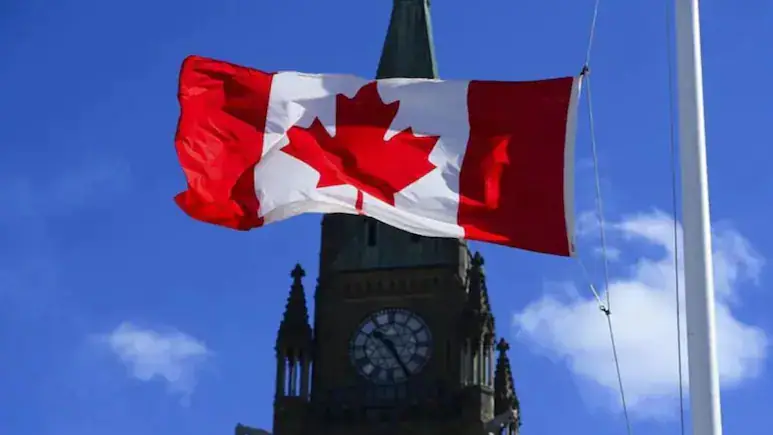Canada’s federal government is facing mounting criticism over a proposed law that would allow authorities to cancel entire groups of visas — a move civil rights advocates warn could create a “mass deportation machine” targeting specific nationalities, including Indians.
According to a report by CBC News, internal government documents reveal that Immigration, Refugees and Citizenship Canada (IRCC), the Canada Border Services Agency (CBSA), and U.S. authorities have formed a joint working group to identify and cancel potentially fraudulent visa applications from India and Bangladesh. The measure, if approved, would grant Ottawa sweeping powers to revoke visas en masse in response to events such as pandemics, wars, or “country-specific challenges.”
While Immigration Minister Lena Diab has publicly framed the proposal as a precaution for emergencies, she has made no mention of targeting any particular country. However, the internal briefing cited by CBC suggests the powers could be used to manage what officials describe as “high-risk regions” — a designation that has raised alarm across Canada’s legal and civil society communities.
Over 300 advocacy organizations have condemned the bill, warning it could be used to discriminate against specific groups and undermine due process. Immigration lawyers have also speculated that the government may be pursuing the measure to quickly shrink its ballooning visa backlog rather than for genuine security reasons.
The proposed legislation comes at a time when Indian nationals — Canada’s largest source of international students — are already facing steep visa rejections. In August 2025, nearly three out of four Indian student permit applications were refused, marking a 74 per cent rejection rate.
The documents cited by CBC point to a surge in asylum claims by Indian citizens, rising from fewer than 500 per month in May 2023 to around 2,000 by July 2024. Officials say the increase, combined with verification delays and fraud detection efforts, has stretched resources and slowed visa processing times — from an average of 30 days in mid-2023 to 54 days a year later.
Approval numbers have also fallen sharply. Between January and June 2024, approved temporary resident visas dropped from 63,000 to about 48,000 as authorities redirected staff to screening efforts. The report also noted a growing number of Indian passengers being denied boarding at airports pending additional verification, with nearly 1,900 flagged for further questioning by July 31, 2024.
Despite the controversy, Prime Minister Mark Carney’s government is pushing to fast-track the bill through Parliament. Critics warn that if passed, the law could not only damage Canada’s reputation as a welcoming destination for students and immigrants but also jeopardize its long-standing relationship with India — a country that has sent hundreds of thousands of students, workers, and families to Canada over the past decade.

